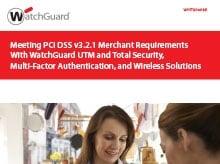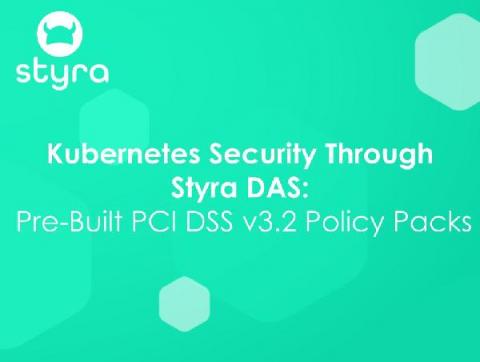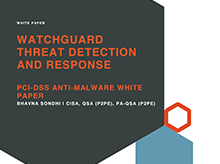What You Should Know About PCI Gap Assessment?
We know how complicated and resource-consuming it can be to comply with the standards set up by the PCI (Payment Card Industry) Security Standards Council. It’s not surprising that less than 1 in 5 businesses (around 18%) assess their PCI DSS controls more frequently than is required by the regulation. However, things become a lot easier and streamlined with PCI DSS gap assessment.










